Environment
-
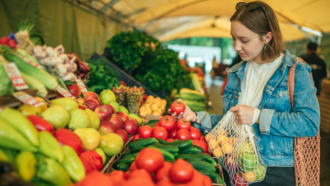 Life
LifeScientists Say: Nutrient
Nutrients provide living things, from bacteria to animals, with the energy and materials to grow. But too much of a nutrient can sometimes cause harm.
-
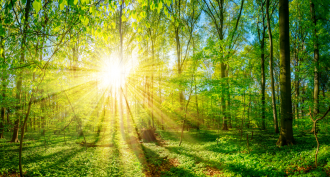 Chemistry
ChemistryScientists look to hack photosynthesis for a ‘greener’ planet
Photosynthesis turns sunlight into energy for plants. Scientists want to know more about it, imitate it — even improve it.
-
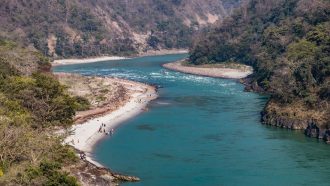 Ecosystems
EcosystemsGroundwater pumping is draining rivers and streams worldwide
Excessive groundwater use could push more than half of the regions that depend on water pumped up from underground aquifers past an environmental tipping point by 2050. That could threaten aquatic ecosystems around the world.
-
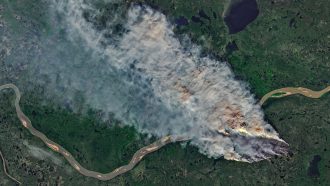 Climate
ClimateRecord heat is burning the Arctic and melting Greenland’s ice
High temperatures are melting Greenland’s ice. They’re also fueling Arctic wildfires that are pumping record amounts of carbon dioxide into the air.
-
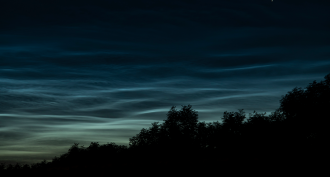 Climate
ClimateExplainer: Why some clouds glow in the dark
A surprise space rock lit up the night sky over California — and left behind a rare type of cloud. Such glowing beauties may become more common with climate change.
-
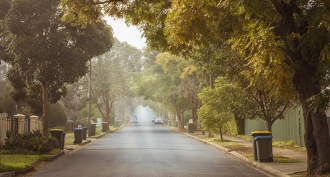 Environment
EnvironmentCity living makes trees grow fast but die young
Many cities plant trees to absorb carbon dioxide. But city trees grow fast and die young, which means they absorb less carbon dioxide than forest trees do.
-
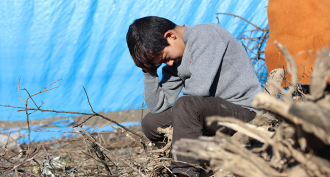 Science & Society
Science & SocietyCould climate change worsen global conflict?
Famine, natural disasters and sea-level rise can all disrupt societies. These can add pressure to unstable regions — sometimes to the point of prompting wars.
By Ilima Loomis -
 Environment
EnvironmentStudies show how homes can pollute indoor air
Cooking, cleaning, applying makeup or deodorant and other activities may sometimes leave indoor air as polluted — or worse — than outdoor air, new research suggests.
-
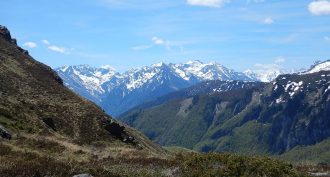 Earth
EarthMicroplastics are blowing in the wind
Tiny pieces of plastic are traveling through the air, a new study shows. A remote mountaintop saw just as much plastic deposited per day as falls on downtown Paris.
-
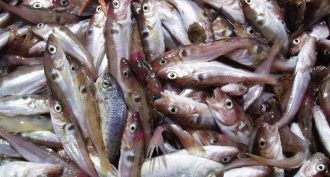 Oceans
OceansOceans’ fever means fewer fish
Warming oceans have caused fish populations to plummet since 1930. In some regions, the number of fish that can be caught without depleting populations has dropped by more than one-third.
-
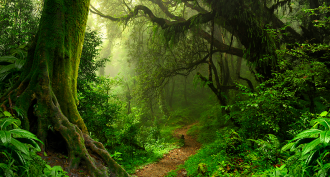 Environment
EnvironmentLife on Earth is mostly green
A new survey of life on Earth finds that plants and microbes dominate. But even though humans are in the minority, they still play a major role.
-
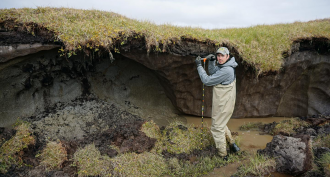 Earth
EarthEarth’s permafrost is heating up
Climate change is warming Earth’s permafrost — and in some places thawing it. This could lead to massive releases of planet-warming greenhouse gases.
By Sid Perkins